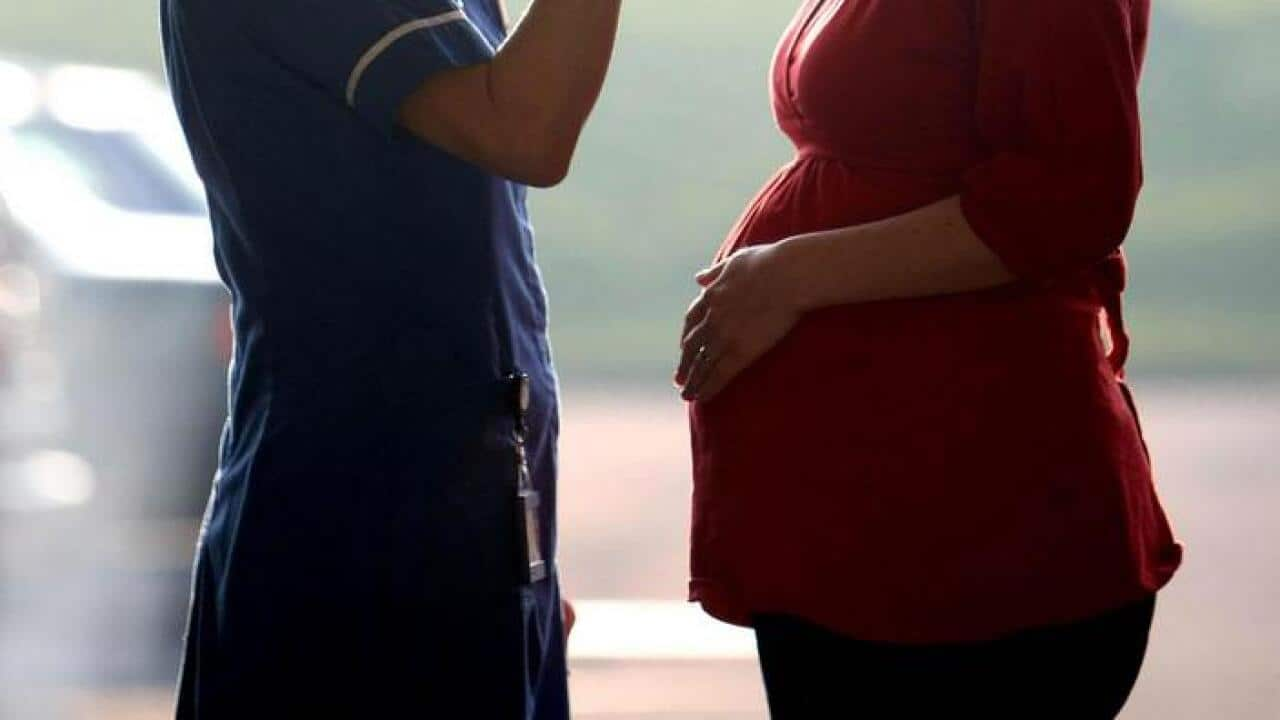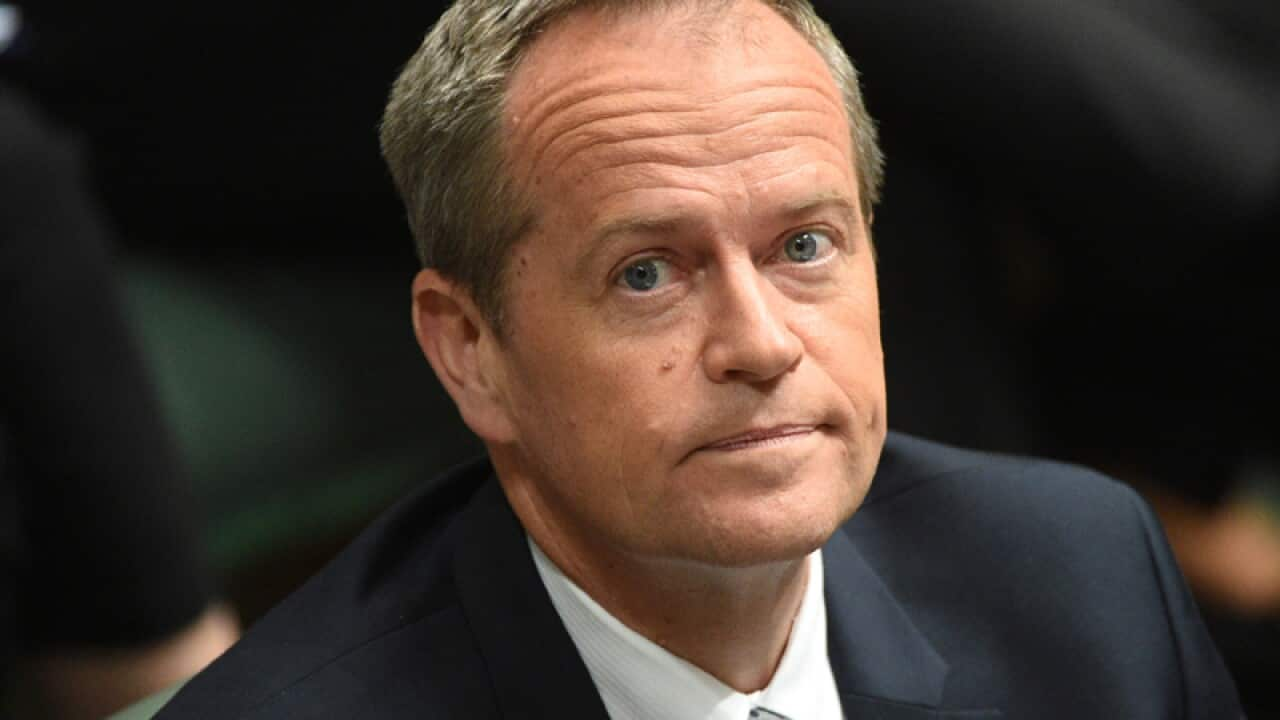A new Australian study has found a mothers who had a vitamin D deficiency were more likely to give birth to children with autistic traits.
The study, funded by the National Health and Medical Research Council, found pregnant woman with low vitamin D levels were more likely to have a child with autistic traits than those with adequate levels of vitamin D.
Researchers at the Queensland Brain Institute examined more than 4000 blood samples from pregnant women and their children, who were closely monitored as part of the long-term study in The Netherlands.
Lead author Professor John McGrath said pregnant women with low vitamin D were more likely to have children with autistic traits by age six.
"We found that when we measured vitamin D in the middle of the pregnancy, if that vitamin D was low, those children, at age six, had higher scores on autistic related behaviours," Professor McGrath said.
Autism is a lifelong developmental condition that affects the way a person relates to their environment and interacts with other people.
Professor McGrath said the condition is most common in babies born in the colder months of winter or spring.
He said he hoped his team's findings could help prevent future cases of autism.
"We can now start to think the unthinkable," Professor McGrath said.
"Maybe we could prevent autism by optimising women's vitamin D levels during their pregnancy."
But Telethon Kids Institute Professor Andrew Whitehouse said he was not convinced vitamin D alone was the answer.
"What I think we need to do is put this in perspective," he said.
"There are likely dozens, if not hundreds of different causes of autism and this study provides us an inkling of one potential mechanism.
"What I think we need to do first, before anything else, is try to replicate these findings and we'll go from there."
Autism Awareness Australia chief executive Nicole Rogerson said while the autism community welcomed all research, the latest findings were still in their infancy.
"Autism is one of those conditions that there's still so many mysteries about," she said.
"All research is welcome but I must confess the autism community does tend to roll its eyes a little and say 'oh, another day, another research project'."
Ms Rogerson warned parents of autistic children may be left feeling responsible for their child's condition in light of the new research.
"For many parents this is still very raw," she said.
"They still sit there thinking what did I do? Could I have done something different?
"For new parents who are very vulnerable, sometimes research like this, which is very new, it's very much in its infancy, being released like this in such a public way it sometimes just plays of those emotions and that's difficult."






